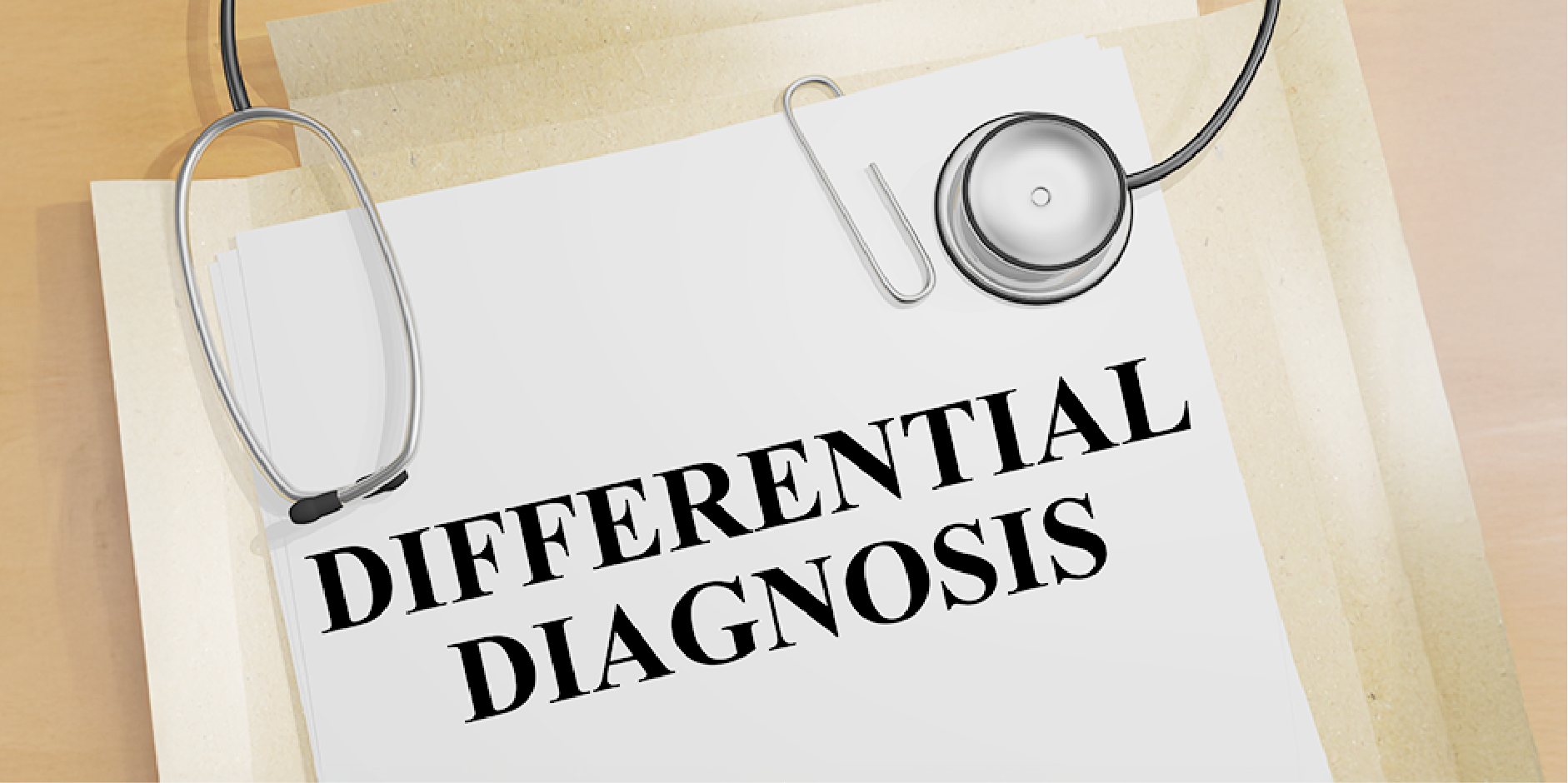Content:
Chẩn đoán phân biệt
Nội dung của trang này:
Chẩn đoán phân biệt
Nội dung của trang này:
Chẩn đoán phân biệt
Chẩn đoán phân biệt
It is essential to exclude stroke mimics or conditions with stroke-like
symptoms that include migraine, hypertensive encephalopathy, hypoglycemia, and seizures
or post-ictal paresis.
 Ischemic Stroke_Differential Diagnostics
Ischemic Stroke_Differential DiagnosticsBell’s Palsy
Bell’s palsy presents as isolated facial weakness, which may include the forehead. There are no other neurological deficits, such as limb weakness or speech disturbances.
Benign Paroxysmal Positional Vertigo (BPPV)
Benign paroxysmal positional vertigo presents as vertigo triggered by head movements. There are no other neurological deficits.
Collagen Vascular Diseases (eg lupus, polyarteritis nodosa)
Collagen vascular disease may cause central nervous system (CNS) vasculitis or hypercoagulable states leading to stroke-like presentations.
Demyelinating Diseases
Demyelinating diseases have subacute focal neurologic symptoms and often affect young adults.
Epidural or Subdural Hematoma
Epidural or subdural hematoma presents with focal neurologic signs or mental status alteration, which may rapidly progress to coma. This is commonly seen in elderly patients prone to recurrent falls leading to chronic subdural hematomas.
Giant Cell Arteritis
Giant cell arteritis is seen in older adults presenting with claudication of the jaw, intermittent fever, malaise, morning stiffness, myalgia, severe headache, visual disturbance and rarely, aphasia and hemiparesis.
Hypertensive Encephalopathy
Hypertensive encephalopathy presents with significant hypertension, headache, delirium and cerebral edema.
Hypoglycemia or Hyperglycemia
Hypoglycemia or hyperglycemia may cause focal deficits, confusion or altered mental status.
Intracerebral Hemorrhage (ICH)
Please see Intracerebral Hemorrhage disease management chart for further information.
Intracranial Mass
Examples of intracranial mass include tumors and abscesses. This is differentiated by CT scan or MRI scan. This is defined by the gradual onset of symptoms but may present with stroke-like deterioration.
Labyrinthitis
Labyrinthitis presents with acute persistent vertigo with nausea and vomiting. This may mimic posterior stroke but lacks limb weakness or cranial nerve findings.
Metabolic Disorders, Metabolic Encephalopathy
Hypo- and hyperglycemia may present with stroke-like symptoms.
Ménière's Disease
Ménière's disease presents as dizziness, hearing loss, tinnitus, and vertigo with or without verbal, visual or other focal symptoms.
Migraine
The neurologic symptoms of migraine usually have a gradual onset. Migrainous aura may be confused with stroke or transient ischemic attack.
Peripheral Nerve Disorders
Peripheral nerve disorders may present with a specific pattern of distribution of symptoms.
Seizure
Post-seizure patients can present with unilateral weakness (Todd’s paralysis). The neurologic symptoms are usually positive rather than losing function.
Syncope
Transient Global Amnesia
Transient global amnesia is a sudden-onset anterograde amnesia lasting 6-24 hours. There is preserved identity and a normal motor/sensory exam and is linked to transient hippocampal dysfunction (CA1 region). Magnetic resonance imaging may show hippocampal changes.
